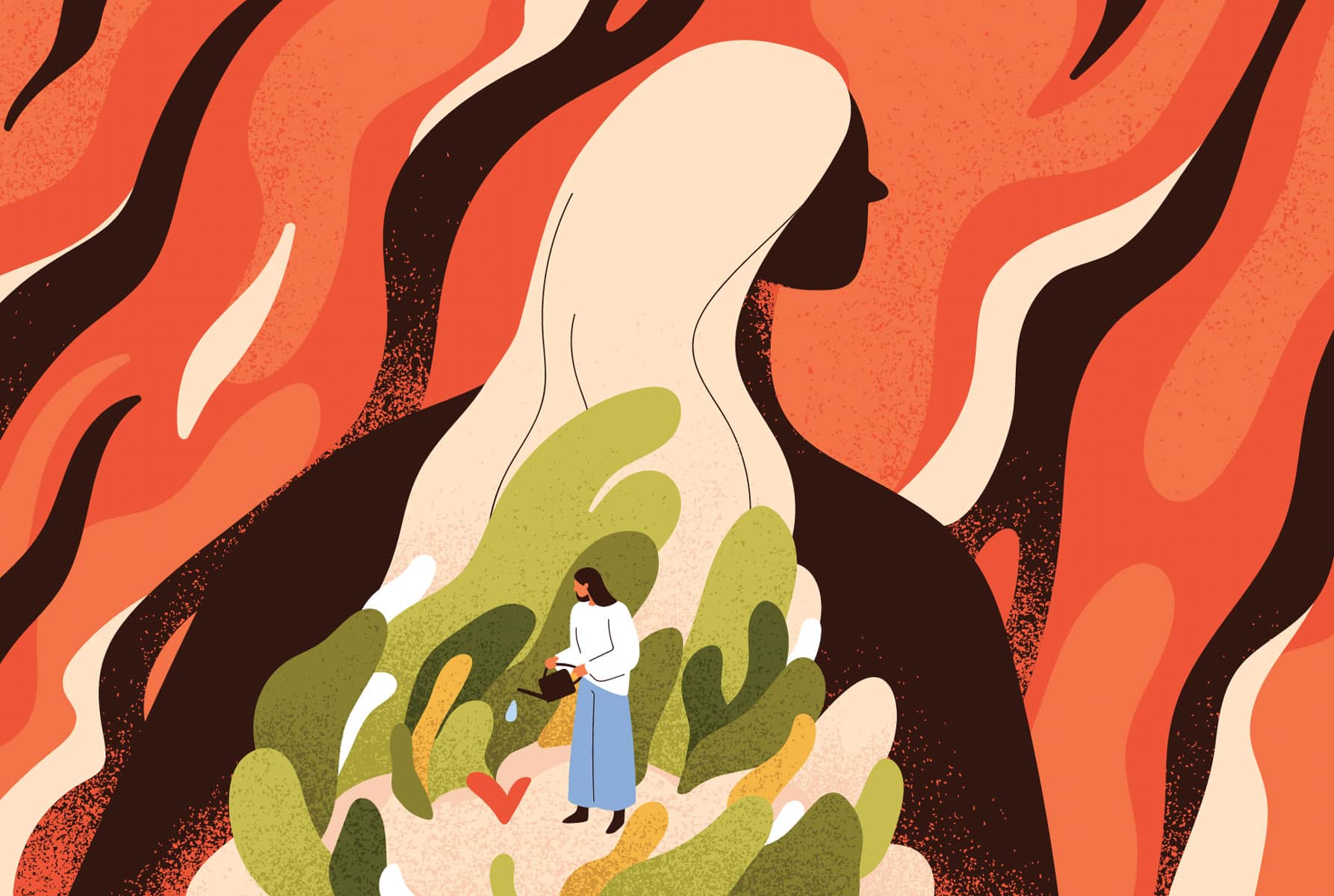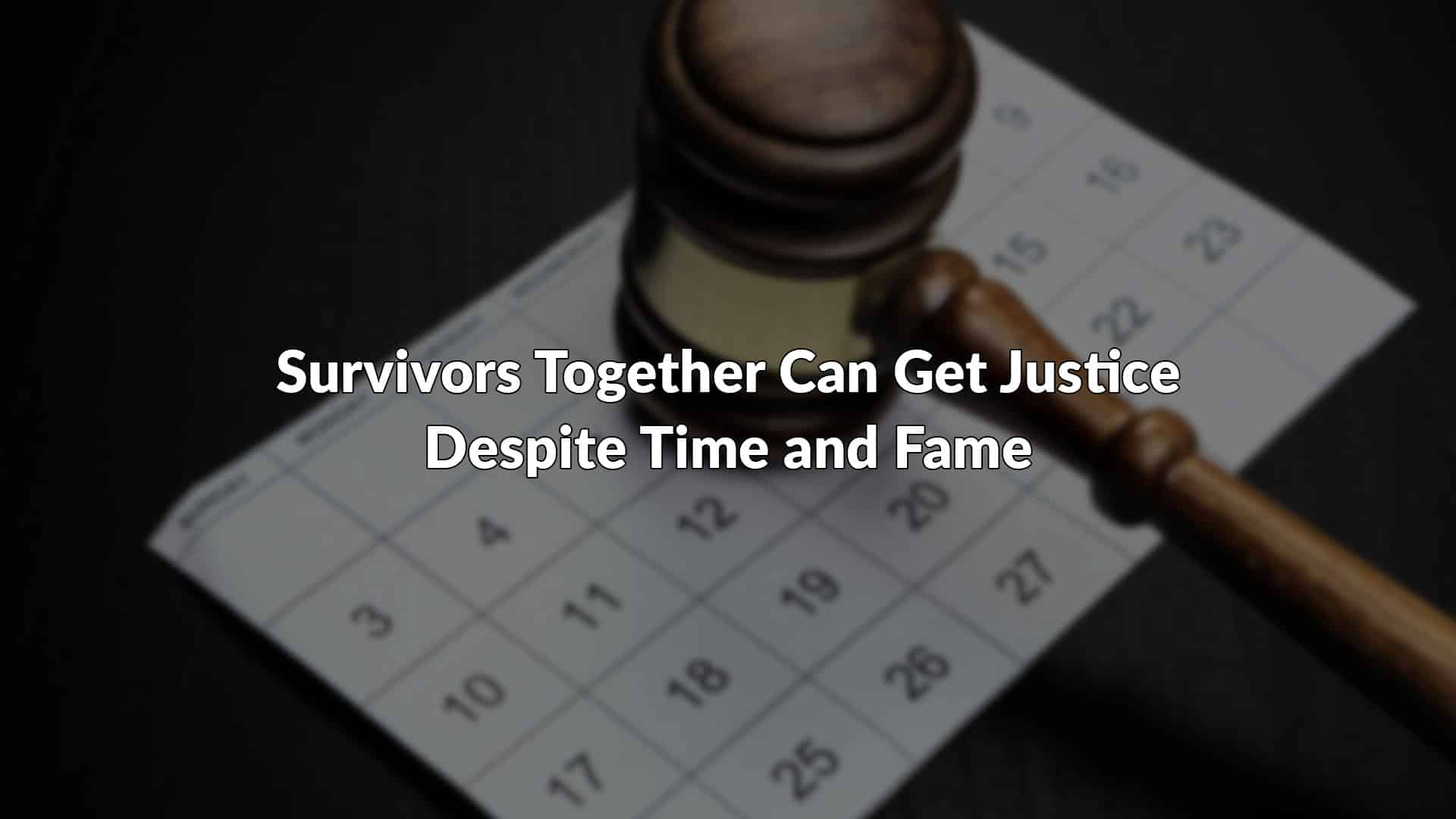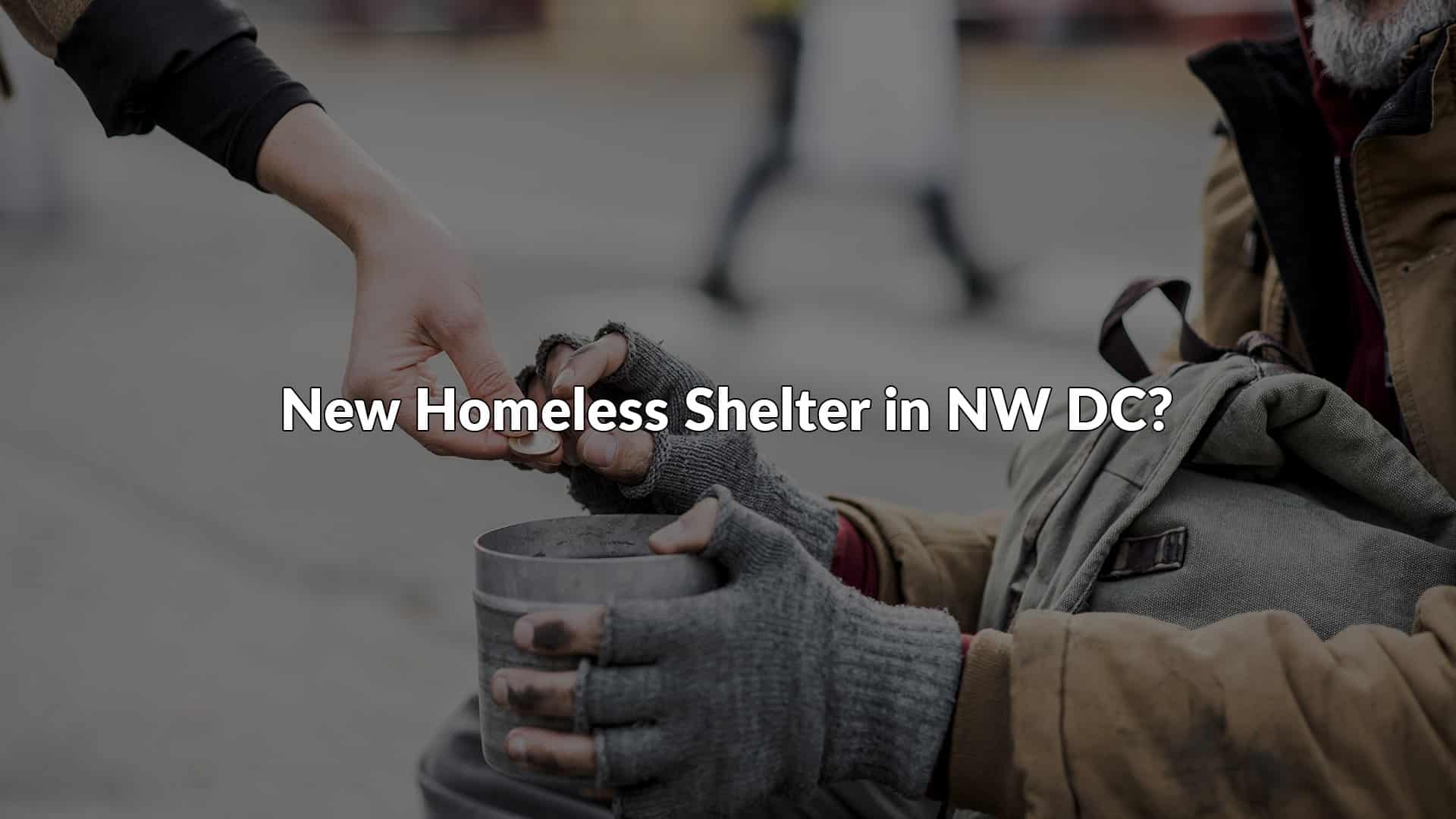A recent D.C. Council hearing, led by Councilmembers Anita Bonds and Brianne Nadeau, brought together residents of the D.C. community and local organizations to discuss the issue of street harassment. At the Public Roundtable on Street Harassment residents shared their experiences and expertise and worked with council members to create solutions to this important problem. This issue greatly impacts Amara’s clients, and the solutions proposed have the potential to benefit survivors of sex trafficking.
Street harassment is the term used to describe any verbal or physical sexual harassment focused on a person’s gender or gender expression. In 2014, 65% of women reported experiencing street harassment. Furthermore, members of the LGBTQ community and people of color are at the greatest risk for harassment.[1] Street harassment generally leads to people feeling uncomfortable and unsafe in the communities in which they live, work, and go to school. While exact numbers on street harassment are not available, due to a lack of formal data, informal studies and anecdotal evidence indicate that this is a significant problem for the D.C. area. Verbal attacks can escalate into more serious physical or sexual assaults, as many witnesses testified. All of these forms of violence also perpetuate rape culture, and can lead to other forms of gender-based violence. Those who testified at the hearing stressed the importance of remembering that lewd comments and violent actions cannot be viewed as “compliments,” but are demonstrations of power, akin to bullying. As Holly Kearl, the founder and executive director of Stop Street Harassment, stated, street harassment is a “human rights violation that prevents full equality.”
There were several possible solutions to combating street harassment discussed by the members of the roundtable. The first was better data collection by the city. By obtaining concrete data about this issue, the city will be able to more fully understand the problem and devise more specific solutions. Members of the round table also agreed on the importance of educating and training community members about this issue. Many advocated for professional training in high schools in order to start educating the public about this issue at an earlier age. They also suggested training for bystanders, such as nightlife staff and police officers, so that they could better respond to acts of street harassment. Other possible solutions included installing public art works about the issue and creating metro campaigns similar to recent anti-harassment campaigns. These proposed solutions, while specifically aimed at combating street harassment, have the potential to help shift the general culture of gender-based violence and inequality that unfortunately fuels issues such as sex trafficking. The Public Roundtable on Street Harassment demonstrated that the council members and the community are committed to addressing issues of gender violence in the D.C. area.
By Kathleen Daly
Kathleen Daly is a junior at Georgetown University pursuing a Bachelor of Arts degree in Classics. She became interested in anti-trafficking initiatives in high school, and has since volunteered with several organizations that aid victims of sex trafficking and domestic violence. She is excited to continue spreading awareness about human trafficking by interning at Amara.
[1] Stop Street Harassment, Unsafe and Harassed in Public Spaces: A National Street Harassment Report, Spring 2014.



